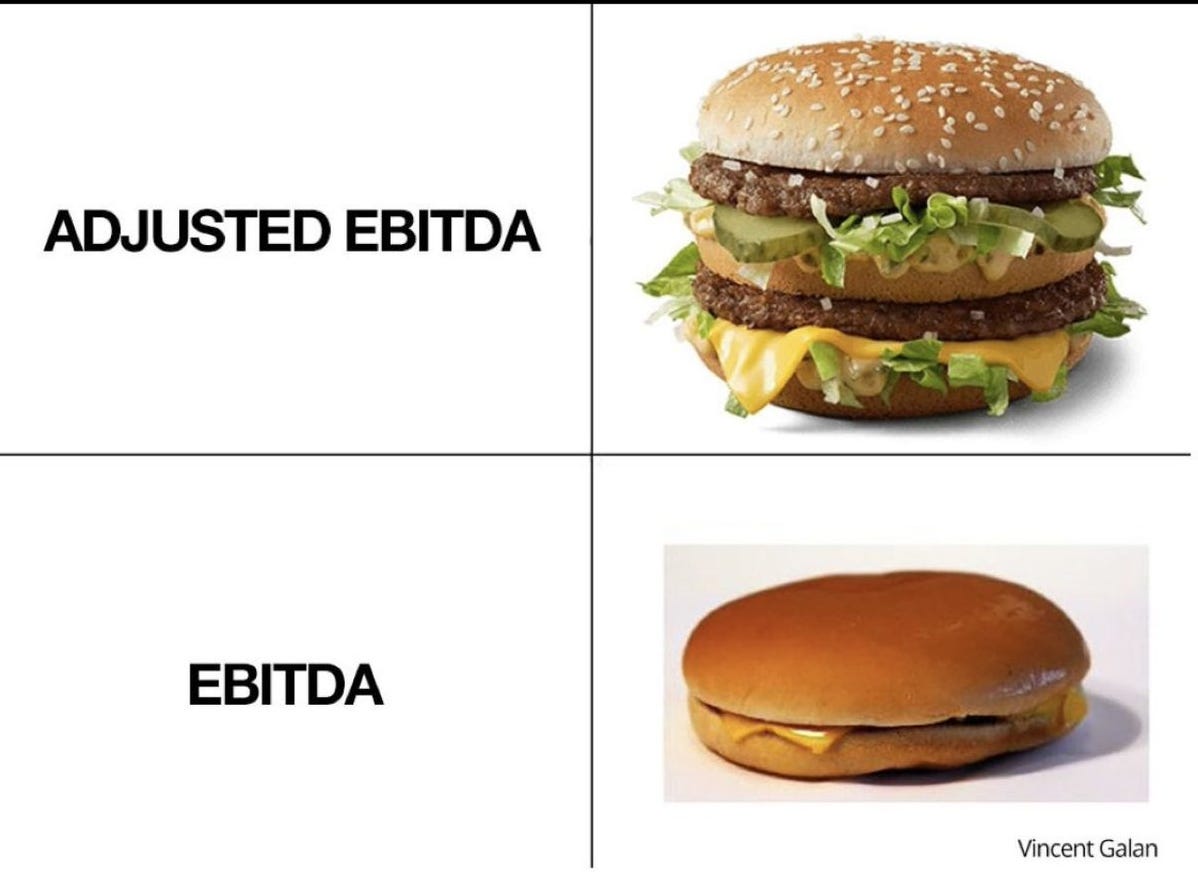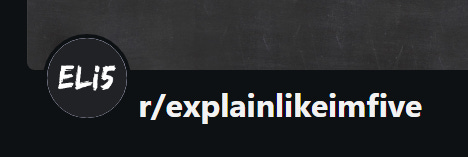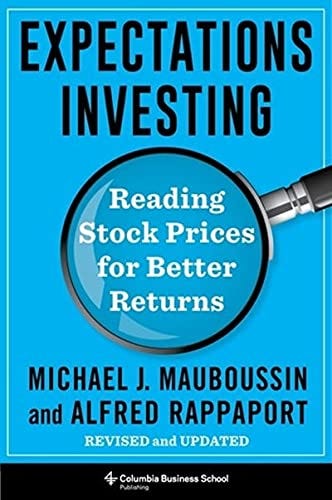Ever wondered how people make decisions in situations where their choices depend on what others do?
Imagine you run a business and know your competitor is planning something big. Should you lower your prices, launch a new product, or start a marketing campaign?
Your decision isn’t made in isolation; it depends on what your competitor will do next.
This strategic guessing game, where each player’s move affects the other, is called ‘Game Theory’. In economics, this theory helps us understand these tricky decision-making processes.
One classic example of game theory is the Prisoner's Dilemma.
Think about Coca-Cola and Pepsi. Each company's decisions—like introducing new products, setting prices, or launching marketing campaigns—are influenced by the expected reactions of the other. If Coca-Cola lowers its price, Pepsi might follow to stay competitive, leading to a potential price war. Game theory helps these companies predict each other’s moves and find strategies that benefit them both, like focusing on product differentiation rather than price cuts.
Game theory helps predict how this "game" of pricing decisions could unfold and what strategies each company might choose to maximize its profits.
Meme of the week:
Market Kya Keh Raha Hai:
let's go through some important changes SEBI has made recently. I'll explain them in simple terms so we all understand how they might affect us.
Changes to Stock Derivatives.
SEBI has changed the rules about trading stock futures and options. Here’s what you need to know:
New Rule: Only stocks that have been in the market for at least six months can be traded as derivatives.
Why?: This makes sure that only well-established and frequently traded stocks are included, which helps keep the market stable.
Additional Rule: If a stock derivative doesn’t get enough volume for six months, it might be removed. This ensures the market stays healthy and active.
Financial Influencers (Finfluencers).
SEBI now has rules about financial influencers who give investment advice. Here’s what’s changed:
New Rule: Financial companies can’t work with influencers giving investment tips unless they are authorized by SEBI.
Exceptions: This doesn’t apply to those who only educate investors without giving specific advice.
Easier Process for Companies to Delist.
SEBI has made it simpler for companies to stop being publicly traded:
New Process: Companies can offer a fixed price to buy back their shares, which must be at least 15% higher than the market price.
Benefit: This makes it fairer and easier for small shareholders when a company goes private.
Fee Collection for Advisors.
SEBI has introduced a new way for registered financial advisors to collect fees:
New Method: Advisors can now collect fees directly from clients without extra cost to the clients.
Purpose: This ensures that only registered professionals are giving advice, reducing the risk of scams.
Investment Trusts.
SEBI has made it easier for special types of investment trusts to attract investors:
Lower Investment Amount: The minimum investment for privately placed Infrastructure Investment Trusts (InvITs) is now ₹25 lakh.
Impact: This makes it more accessible for investors, which can increase participation.
These changes by SEBI are designed to make the financial markets safer, clearer, and easier to navigate.
What More Caught My Eye:
Gen Z believes they know more than their parents about investing. Do they?
How do Investors bet big money?
Inside the lithium rush: can bidders strike gold in the race to mine?
A short and simple case study on Activist Investors.
Adani Group shares hold fort amid Hindenburg response to SEBI.
Recommendations:
Our first recommendation is the Reddit channel r/explainlikeimfive. This subreddit is perfect for anyone who wants complex topics broken down into simple, easy-to-understand explanations.
Whether it's science, history, or everyday concepts, you'll find clear and straightforward answers here.
Our next recommendation is the book Expectations Investing by Michael J. Mauboussin and Alfred Rappaport.
This book explains how to understand what the market expects from stocks and how to use this information to find good investment opportunities. It's a great read for anyone who wants to get better at investing.
That's it for this week's recommendations!
I hope you are enjoying the newsletter and that we are helping you become better every week. Let me know in the comments what more you’d like to see in TVS Weekly.
Song of the Week:
This is Parth Verma,
Signing off.








Thanks for sharing!!
Thanks for sharing